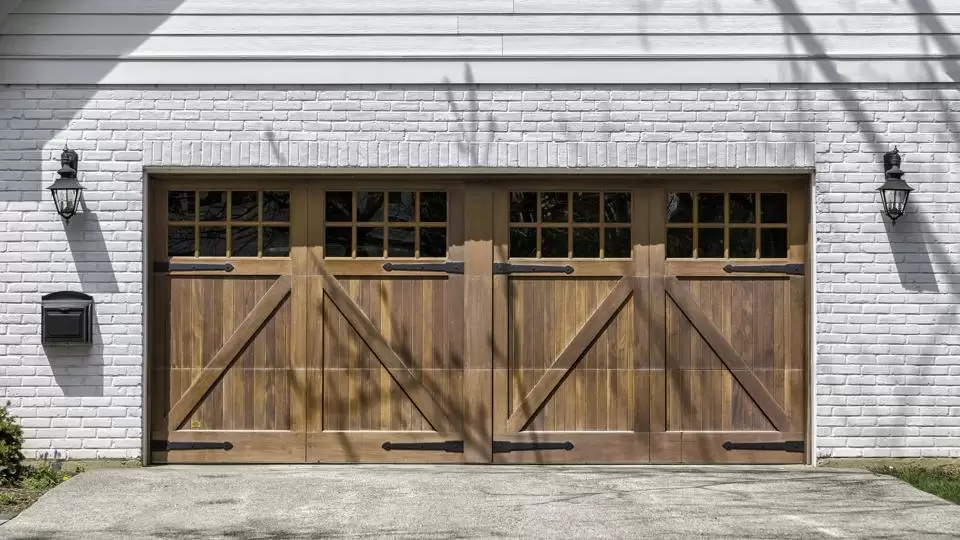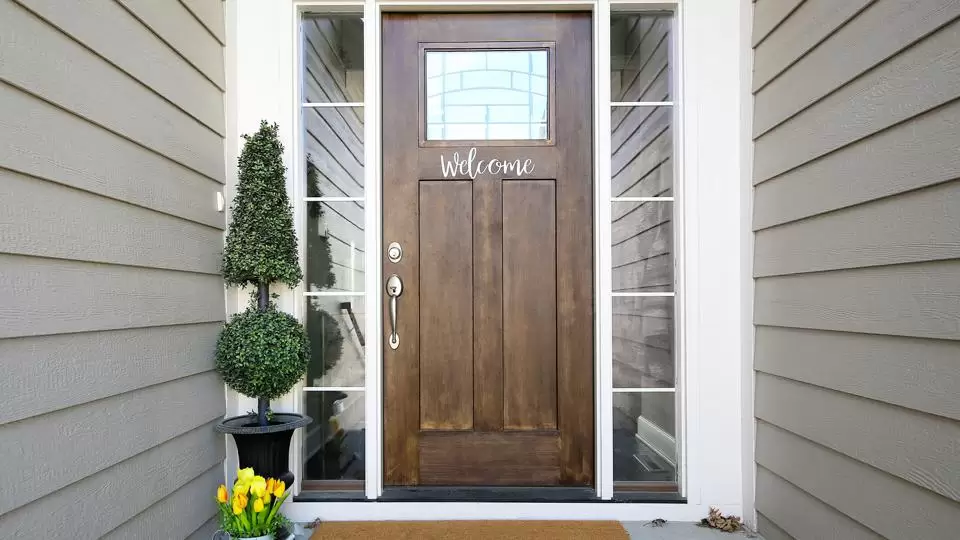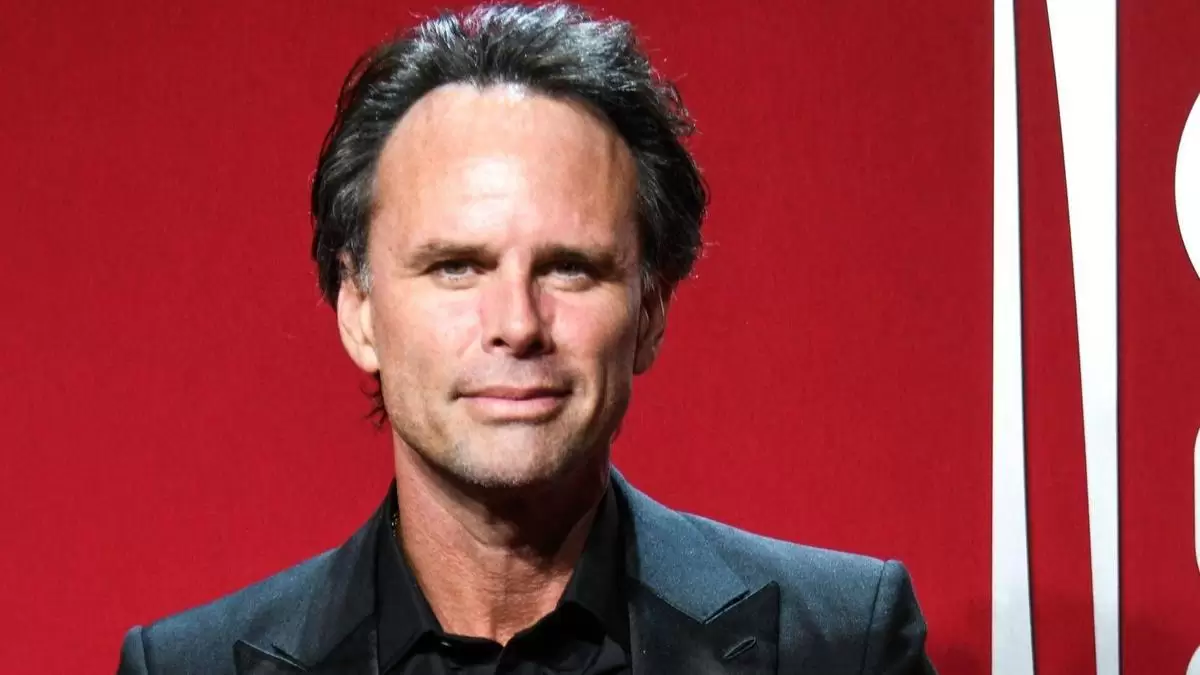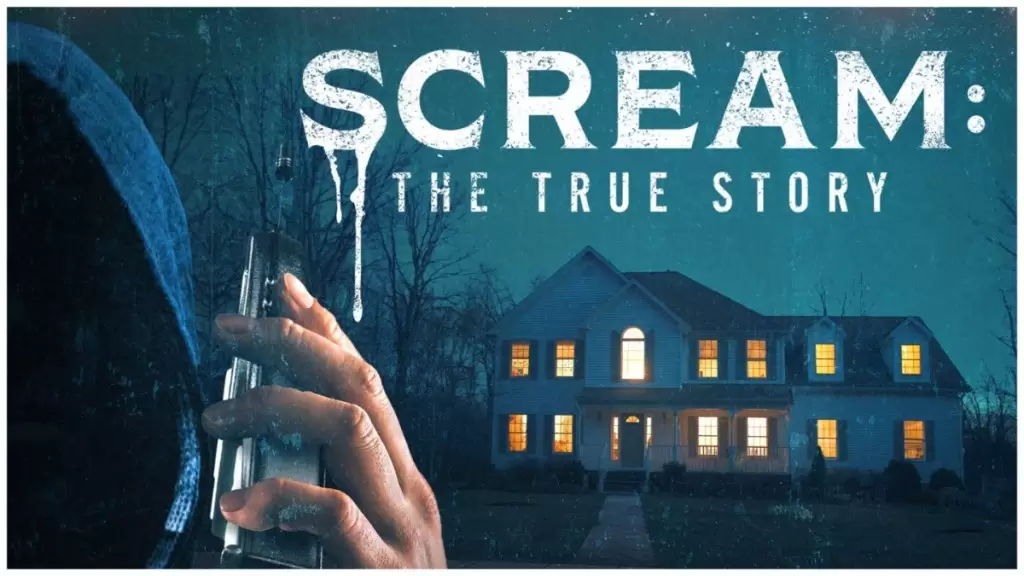Current Refinance Rates: January 17, 2024—Rates Jump Up
Share- Nishadil
- January 17, 2024
- 0 Comments
- 7 minutes read
- 153 Views

Current Refinance Rates: January 17, 2024—Rates Jump Up
The rate on a 30 year fixed refinance increased today. The current 30 year, fixed rate mortgage refinance rate is averaging 7.22%, according to Curinos, while 15 year, fixed rate refinance mortgages average of 6.33%. For 20 year mortgage refinances, the average rate is 7.08%. Related: Compare Current Refinance Rates Refinance Rates for January 17, 2024 30 Year Fixed Refinance Interest Rates […]
Reviewed By Reviewed By Published: Jan 17, 2024, 2:58am The rate on a 30 year fixed refinance increased today. The current 30 year, fixed rate mortgage refinance rate is averaging 7.22%, according to Curinos, while 15 year, fixed rate refinance mortgages average of 6.33%. For 20 year mortgage refinances, the average rate is 7.08%.
Refinance Rates for January 17, 2024 30 Year Fixed Refinance Interest Rates Currently, the average rate for a 30 year, fixed rate mortgage refinance is 7.22%. That’s compared to 7.35% last week. Borrowers with a 30 year, fixed rate mortgage of $100,000 will pay $680 per month for principal and interest at the current interest rate of 7.22%, according to the Forbes Advisor , not including taxes and fees.
Over the life of the loan, the borrower will pay total interest costs of about $144,803. A different way of looking at interest rates is the annual percentage rate, or APR. For a 30 year, fixed rate mortgage, the APR is 7.28% compared to 7.42% last week. The APR is essentially the all in cost of the home loan.
20 Year Fixed Rate Mortgage Refinance Rates The average interest rate on the 20 year fixed refinance mortgage is 7.08%. This same time last week, the 20 year fixed rate mortgage was at 7.21%. The APR on a 20 year fixed is 7.12%. Last week, it was 7.25%. A 20 year fixed rate mortgage refinance of $100,000 with today’s interest rate of 7.08% will cost $780 per month in principal and interest.
Taxes and fees are not included. Over the life of the loan, you would pay around $87,168 in total interest. 15 Year Fixed Refinance Rates For a 15 year fixed refinance mortgage, the average interest rate is currently 6.33% compared to 6.49% at this time last week. The APR, or annual percentage rate, on a 15 year fixed mortgage is 6.33%.
That compares to 6.48% at this time last week. Using the current interest rate of 6.33%, a 15 year, fixed rate mortgage refinance of $100,000 would cost $862 per month in principal and interest—not including taxes and fees. That would equal about $55,161 in total interest over the life of the loan.
30 Year Jumbo Refinance Rates The average interest rate on the 30 year fixed rate jumbo mortgage refinance is 7.20%. Last week, the average rate was 7.27%. Borrowers with a 30 year fixed rate jumbo mortgage refinance with today’s interest rate of 7.20% will pay $679 per month in principal and interest per $100,000.
15 Year Jumbo Refinance Rates A 15 year, fixed rate jumbo mortgage refinance has an average interest rate of 6.88%, compared to an average of 6.88% last week. At today’s rate of 6.88%, a borrower would pay $892 per month in principal and interest per $100,000 for a 15 year, fixed rate jumbo refi. Over the life of the loan, that borrower would pay around $454,530 in total interest.
Are Refinance Rates and Mortgage Rates the Same? Refinance rates are different from mortgage rates and tend to be slightly higher. The rate difference can vary by program and is something to consider as you compare the . In addition to having different refinance rates for conventional, FHA, VA and jumbo applications, are higher as you’re borrowing from your available equity.
Rates for government backed loan programs such as FHA and VA mortgage refinances can be lower than a conventional or jumbo refinance, as there is less risk for lenders. Still, you should compare your estimated loan’s (APR), which includes all additional fees and determines the interest charges. When You Should Refinance Your Home You may want to , for a variety of reasons: to lower your interest rate, reduce monthly payments or pay off your loan sooner.
You may also be able to use a refinance loan to get access to your home’s equity for other financial needs, like a remodeling project or to pay for your child’s college. If you’ve been paying (PMI), refinancing also may give you the opportunity to ditch that cost. Refinancing your mortgage can make sense if you plan to remain in your home for a number of years.
There is, after all, a cost to refinancing that will take some time to recoup. You’ll need to know the loan’s closing costs to calculate the break even point where your savings from a lower interest rate exceed your closing costs. You can calculate this by dividing your closing costs by the monthly savings from your new payment.
Our could help you determine if refinancing is right for you. Is Now a Good Time To Refinance? Now may be a good time to refinance if you can reduce your monthly payment by getting a better interest rate or adjusting your repayment period. While refinance rates are at multi year highs, you may qualify for a competitive rate if your credit has improved since getting your existing mortgage or by switching to a shorter loan term, such as a .
Refinancing from a government backed loan to a conventional loan with at least 20% equity helps you waive private mortgage insurance, FHA mortgage insurance premiums or the USDA guarantee fees. There are multiple to consider and some that let you tap your home equity. Consider avoiding refinancing if you can’t get a better rate or reduce your monthly payment.
Additionally, you will need to pay closing costs and the application process can be lengthy. These hindrances may exceed the potential benefits of refinancing. How to Get Today’s Best Refinance Rates Just like when you took out your original mortgage, it pays to have a strategy for finding the lowest rate when you want to refinance.
Here’s what you should be doing : There are no guarantees when it comes to borrowing, but a strong credit score is one of the best things you can do to present yourself to lenders. Banks and other financial institutions are more likely to approve you if you don’t have too much debt relative to your income.
You should check in on mortgage rates, which fluctuate frequently, on a regular basis. And use calculators like ours to see if you can swing a home loan that’s shorter in duration than the popular 30 year mortgage. These loans usually have lower interest rates. Frequently Asked Questions (FAQs) Many lenders refinance your mortgage in about 45 to 60 days, but it depends on the type of mortgage you choose and other factors.
Ask your lender what their time frame is before you borrow to make sure it’s right for you. Closing costs for a refinance can be anywhere from 2% to 6% of the cost of the loan. It’s always a good idea to ask the lender what kind of closing costs they’ll charge before you decide to borrow from them.
Our guide to the is a good starting point, but make sure you compare multiple lenders and get more than one quote. It’s always a good idea to find out the closing costs lenders charge, and also to make sure you can communicate easily with your lender. Conditions in the housing market change frequently, so being able to depend on your lender is crucial..
Disclaimer: This article was generated in part using artificial intelligence and may contain errors or omissions. The content is provided for informational purposes only and does not constitute professional advice. We makes no representations or warranties regarding its accuracy, completeness, or reliability. Readers are advised to verify the information independently before relying on







